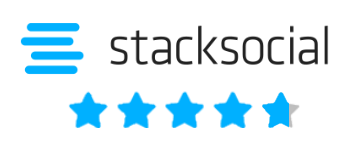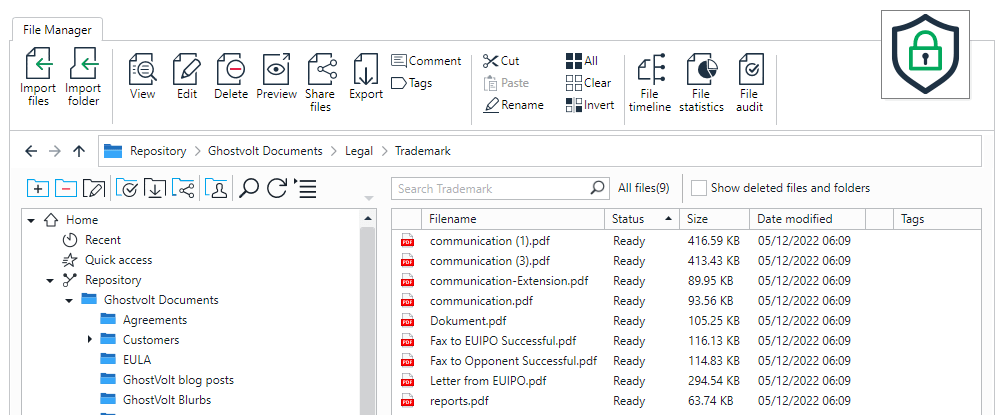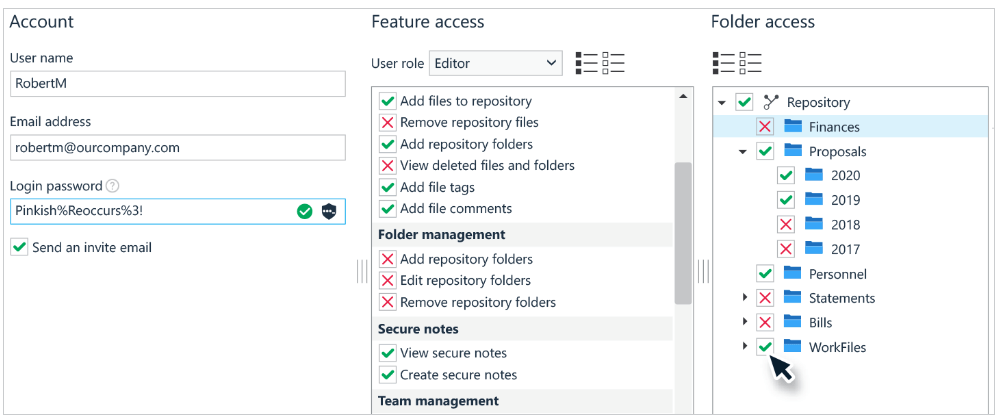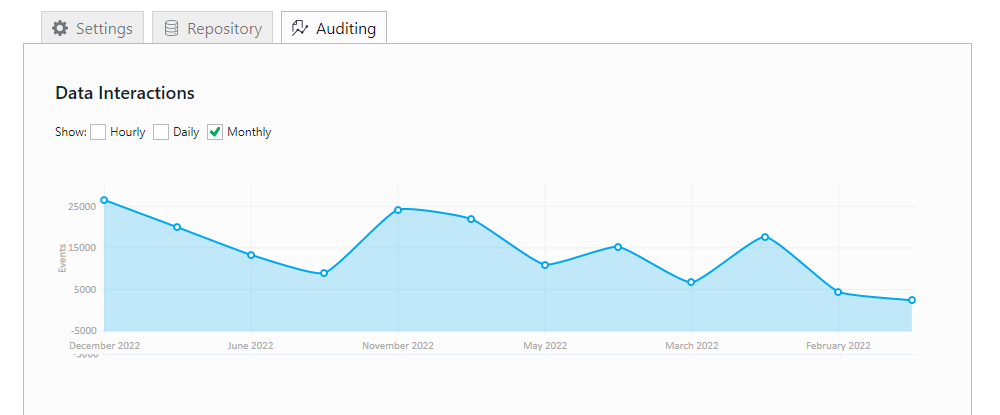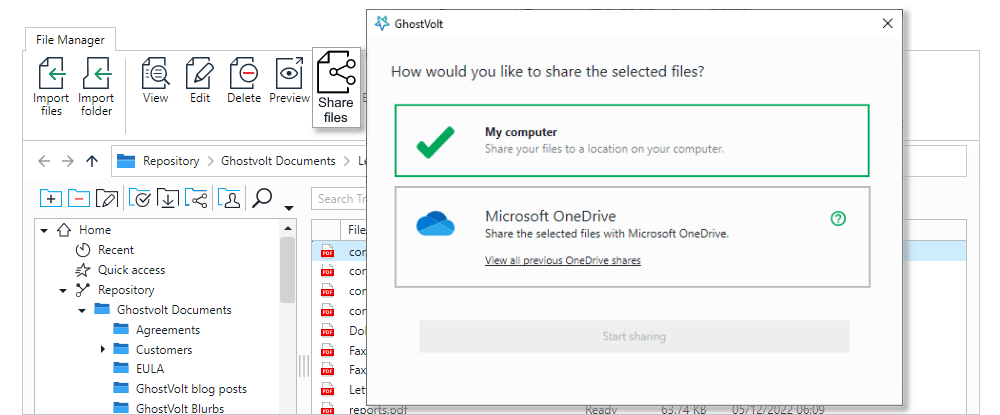Securing the Digital Sky: Stingrays, Wi-Fi and Loon Balloons
In the beginning, there were Loon Balloons…
Google's Project Loon is an ambitious project that has been in the works for over five years now. The goal of the project is to provide internet access to remote regions of the world through high-altitude balloons carrying wireless networks. However, a new controversy has arisen surrounding the project - that of Wi-Fi security and potential spying through loon balloons.
The recent news of both Google's Loon Balloons, and a Chinese government balloon, designed to either study the weather, beam internet access around the world, or engage in a little old-fashioned aerial surveillance, has been met with both excitement and trepidation. While these balloons have the potential to increase global access to Wi-Fi, help enforce treaty obligations and legitimate scientific research, there is also concern over how governments might use them for illegitimate surveillance purposes.
In the age of digitalization, the potential risks posed by security and spying has become a major concern. With the recent reports of Chinese-made ‘Loon Balloons’ being used for surveillance, it is important to remain aware of these potential threats. As the age of Big Data continues to grow, we are faced with more questions about the security of not just national security, but also our personal information. Everyone must take steps to ensure our data is secure from any potential spying risks, especially those originating from Chinese sources.
Potential Spying Risks
The latest “Stingray” technology has presented new potential spying risks for individuals and businesses. A Stingray is a communications device that poses as a legitimate cellular or Wi-Fi node, one that you might connect to thinking that you are simply on your cellular carriers’ network. Stingray devices are being used to intercept private cellular or Wi-Fi signals. Stingrays can be implemented without the end user's knowledge and used by bad actors or government agencies to track phone calls and record data. There is no reason to think that a stingray can’t be installed on a balloon hovering above you. And since it poses as your cellular connection or Wi-Fi hotspot, you’d never know that all your data is being processed through a surveillance device.
This type of surveillance is a serious threat to our privacy rights. In addition to tracking phone calls, Stingrays can also access messages, emails and other personal information that is sent through Wi-Fi networks. This means that anyone using a public or private Wi-Fi network could be vulnerable to having their information monitored without even knowing it. These threats are alarming, but not impossible to protect against. It is important for users of both private and public cellular or Wi-Fi networks to take steps to secure their connection such as using strong passwords, encrypting data when possible and monitoring suspicious activities on the network.
Government Surveillance Use
With more and more technology entering our lives, from smartphones to the internet of things, it is becoming increasingly difficult for citizens to avoid government surveillance. The ability for governments to easily observe their citizens has raised a number of concerns about privacy and civil liberties.
The scope of government surveillance use is wide-ranging, with data collection on everything from social media use histories, browsing habits, search records and emails. This data can then be used by governments for purposes such as preventing crime or terrorist attacks, but also can be misused in ways that violate people's rights or put their personal information at risk. By having access to so much information on its population, many worry that this could lead to abuses of power or an erosion of civil liberties if not closely monitored and regulated appropriately.
Wi-Fi security has long been a major issue in our connected world. Companies like Google and Facebook are regularly under scrutiny for their data collection practices, but the potential threat of government-backed spying using Loon Balloons raises the stakes even further. With these devices potentially hovering in such close proximity to us, it is easy to see why many people are worried about their corporate or personal privacy being threatened by this new technology.
Privacy Implications
Whether we like it or not, the era of digital privacy, encryption and data security is now upon us. With the introduction of advanced software solutions such as GhostVolt, companies can now protect their sensitive information from unauthorized access no matter who is trying to collect it. Not only does this give your IT department greater peace of mind, but it also helps your company remain compliant with industry regulations and standards, even if the threat is unseen, floating 10 miles above you.
Corporate Data & Hackers
Data security is a major concern for all businesses today, as hackers are constantly finding new ways to penetrate corporate networks. However, there are steps companies can take in order to protect their data from malicious cyber-attacks.
The first step is to ensure that all sensitive information being stored on the company's computers and servers is properly encrypted with the latest 256 Advanced Encryption Standard (AES). This will make it virtually impossible for hackers to gain access to important data, even if they manage to break into the system. Additionally, companies should also have a reliable firewall installed in order to prevent any unauthorized access from outside sources.
Finally, companies should routinely backup their systems and store those backups offsite or on cloud-based storage platforms.
Conclusion
Conclusion: Protecting Confidentiality and Privacy: The Importance of Securing your data Business actually have an additional regulatory burden to meet – with GPDR, CCPA and all kinds of other regulations, businesses are obligated to protect their data from any would be bad actor – whether it’s a another snooping company, individual hackers or a foreign nation. Your business has a responsibility to protect financial information, customer information and much more. Learn why securing your sensitive files is important, and how to comply with laws and regulations, and ways to use encryption to protect sensitive information.
How GhostVolt Can Help
GhostVolt is a fully secure, on-premises collaboration and document management platform specifically designed for businesses that require the highest level of data security and access controls. With features such as data breach prevention and unauthorized file access controls, GhostVolt helps businesses comply with regulations such as HIPAA, GDPR, and CCPA. With the recent controversy surrounding the security and potential spying through Google's Loon Balloons, it's even more important for businesses to have a platform like GhostVolt to ensure the protection of sensitive information.
Our Ratings



